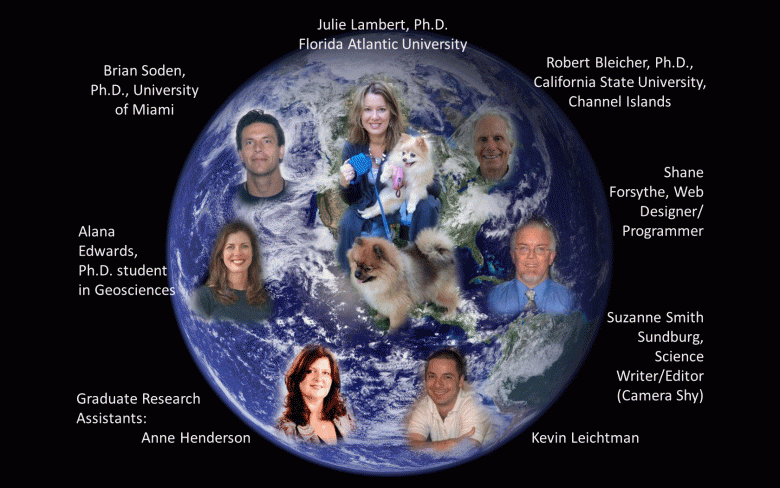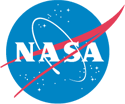
Climate Science Investigations (CSI): South Florida is an online, interactive series of modules and teaching resources that are currently under development. These modules provided the content and learning activities for the course. The objective of CSI has been to develop and pilot modules that enable secondary and undergraduate students to analyze and use NASA data to address the public’s questions and commonly held misconceptions about climate change. The instructional approach is to use the questions about climate change, and the arguments that underlie them, as a basis for teaching the practices of science and the critical thinking skills inherent in these processes.
The CSI modules are inquiry-based, employing a modified 5-E learning cycle instructional model (Bybee et al., 2006). While each module varies in complexity depending on the topic, each contains online or printable reading and figures developed for this program, guided reading questions and note-taking strategies, PowerPoint presentation, inquiry hands-on lessons, investigations, and argument practices. A typical scope and sequence of a module is to assess students’ prior knowledge about the content of the module followed by an engaging hands-on inquiry lesson. Students would then use the reading/note-taking strategy to learn the background needed to begin the investigations. The investigations involve students in using online-tools (e.g., an interactive graphing tool to analyze trends). Students are guided through the investigations by answering a series of questions. After conducting investigations, students are provided with supporting explanations about the data trends. Each module ends with an argumentation practice to review the content of the module and act as an evaluation of students’ understanding of the evidence and explanations.
The modules are sequenced in such a way that students progressively discover the evidence of climate change and human involvement. They examine data and are guided to formulate reasonable explanations about the causes of climate change as they move through the modules:
- Nature of Science
- Weather and Climate
- Energy: The Driver of Climate
- Temperature Change Over Time
- Causes of Climate Change
- Impacts of Climate Change
- What We Can Do
- Addressing Climate Skeptics' Claims
In the first module , students are introduced to climate science inquiry and the practices and nature of science and skepticism. In the second module , students examine extreme weather events and review the difference between weather and climate. Students examine the concept of balancing Earth’s energy budget, a fundamental concept to understanding climate science, in the third module ; and in the fourth module , they investigate the temporal and regional temperature data to examine the question of whether Earth is warming, and if so, how rapidly. In the fifth module , students compare natural and human causes of climate change and discover that the observations can only be explained when both are included in the climate models. In the sixth module , students investigate the observed and projected impacts of climate change. In the seventh module , solutions for adaption and mitigation are explored, and finally, as a culminating module , students practice refuting skeptics claims.
The Team:
- Principal Investigator - Julie Lambert, Ph.D. Associate Professor of Environmental and Science Education, Florida Atlantic University
- Co-Investigator – Robert Bleicher, Ph.D. Professor of Science Education, California State University, Channel Islands
- Co-Investigator – Brian Soden, Ph.D. Professor of Meteorology and Physical Oceanography, University of Miami, Rosenstiel School of Marine and Atmospheric Science
- Alana Edwards, Geoscience Doctoral Candidate and Curriculum and Instruction , Florida Atlantic University
- Anne Henderson, Doctoral Student, Department of Curriculum, Culture, and Inquiry, Florida Atlantic University
Contact:
- PI: Julie Lambert
- Webmaster: Alana Edwards
